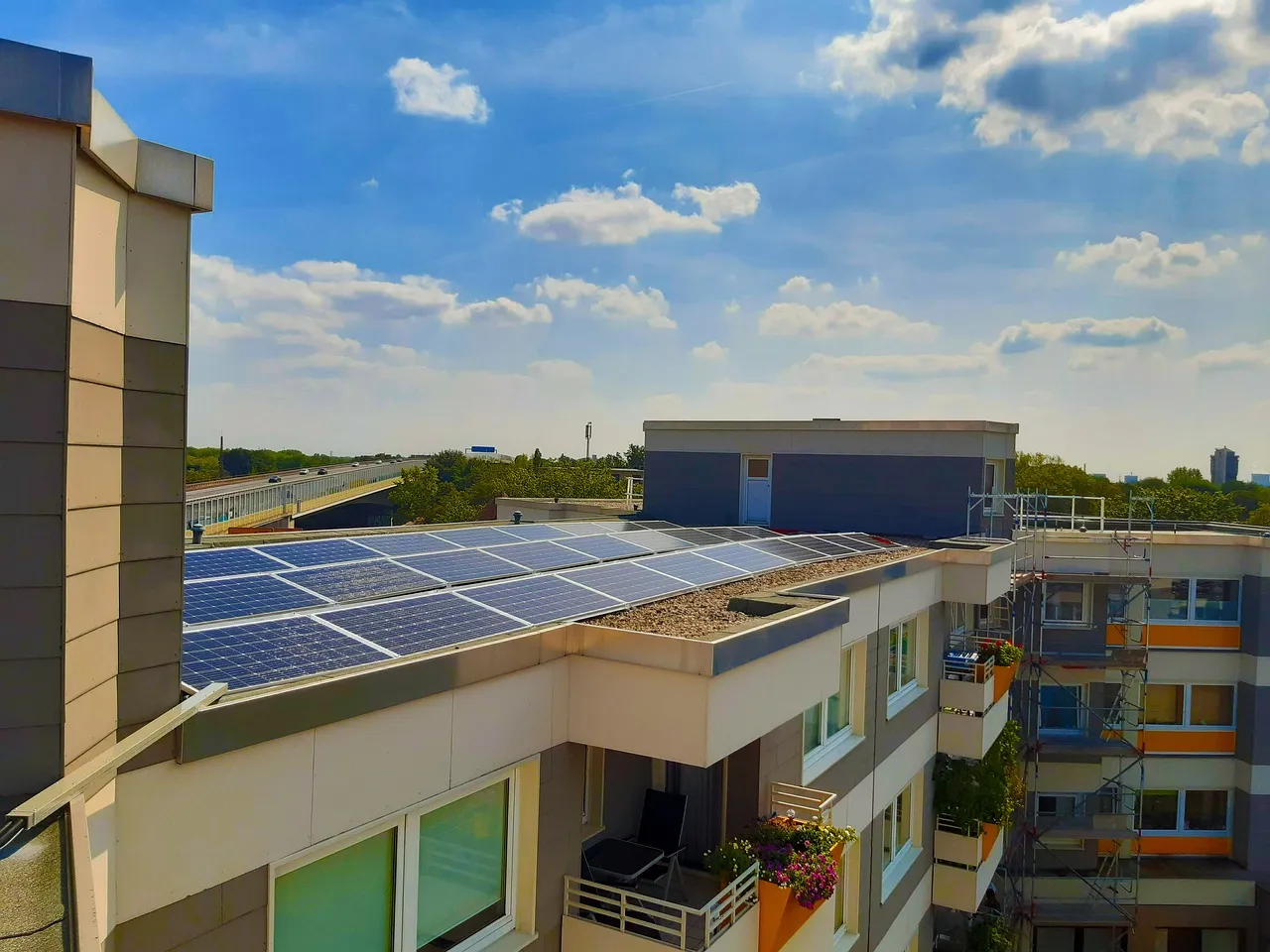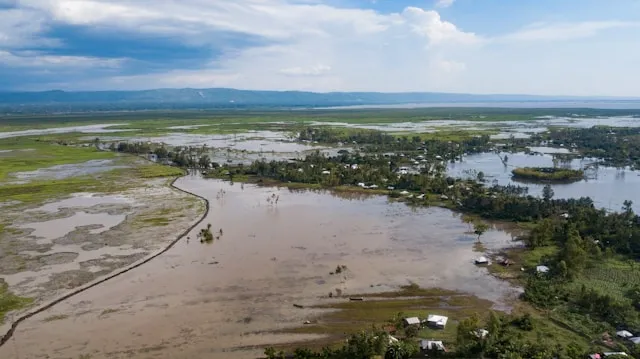ThinkingEarth’s Role in Transforming Greece’s Urban Energy Landscapes

Recent studies reveal how solar installations on rooftops can play a transformative role in meeting urban energy demands, reducing greenhouse gas emissions, and bolstering local economies. ThinkingEarth can contribute significantly to this vision through its advanced Copernicus-based AI models and innovative data visualisation tools.
The study “Photovoltaics Energy Potential in the Largest Greek Cities: Atmospheric and Urban Fabric Effects, Climatic Trends Influences and Socio-Economic Benefits“, identified several critical factors affecting rooftop PV performance, such as aerosols, cloud cover, and air pollution. However, predicting solar potential at an urban scale poses significant challenges. Synoptic-scale data—large-scale information used for weather and atmospheric research—must be accurately “downscaled” to the city level, where localised factors influence solar yield. This is where ThinkingEarth’s Earth System Models and Copernicus Foundation Models excel.
ThinkingEarth’s AI-driven models leverage global climate data alongside advanced machine learning algorithms to refine predictions on a mesoscale (from a few kilometres to hundreds of kilometres). By combining local atmospheric data with global satellite observations, these models can provide detailed, accurate solar energy forecasts specific to Greek cities. This improvement in localised data is essential for city planners who need to anticipate how factors like cloud cover and pollution will impact solar panel performance across urban areas, from Athens to Thessaloniki.
ThinkingEarth’s graph representations
ThinkingEarth’s unique graph representation technology models the Earth as an interconnected web of environmental, economic, and social variables. By mapping Greek cities within this framework, ThinkingEarth can help visualise the potential impact of rooftop PV installations. Graph representations can include data on building rooftops, energy grids, air quality, economic benefits, and energy demands, creating a clear picture of how rooftop solar power integrates into each city’s energy landscape.
For instance, in cities with high rooftop solar potential like Larissa and Ioannina, graphs can highlight buildings with optimal panel placement, identify critical energy nodes, and show areas where solar energy would most benefit local residents. This holistic view supports efficient and targeted solar energy deployment, promoting sustainable energy practices across Greek cities while avoiding costly, expansive land use.
Socioeconomic Impact through AI Simulations
Solar energy’s role in reducing CO2 emissions, combating energy poverty, and generating economic benefits in Greece’s urban centres is significant. But the effectiveness of rooftop PVs depends heavily on supportive policies, as outlined in Greece’s recent regulatory shifts toward renewable energy.
ThinkingEarth’s simulations can also help policymakers understand potential socioeconomic impacts, such as how widespread rooftop PV adoption might reduce energy costs for low-income households or create green jobs in the urban energy sector. With AI, ThinkingEarth can generate meaningful data to drive Greece’s legislative efforts in support of sustainable energy.
Greece’s recent research on urban PV potential offers a replicable framework for evaluating rooftop solar capacity in other regions. ThinkingEarth’s tools, designed to scale across different geographical and social contexts, make this framework even more powerful.
For instance, cities worldwide can use ThinkingEarth’s data processing capabilities to replicate Greece’s rooftop PV analysis. As ThinkingEarth continues to develop tools that integrate seamlessly with local data sources, it can support rooftop PV adoption at a global scale, reinforcing the collective effort toward a greener planet.
Transforming Greece’s Urban Energy Landscape with ThinkingEarth
ThinkingEarth’s combination of advanced AI, environmental modelling, and socioeconomic impact analysis positions it as a key player in Greece’s solar energy revolution. By harnessing AI for precision in energy forecasting, enhancing urban energy visualisation, and informing policy with robust simulations, ThinkingEarth can drive Greece’s journey toward a greener future.
Through this partnership, Greece’s urban centres could see rapid improvements in energy efficiency, CO2 emission reductions, and renewable energy use. ThinkingEarth’s commitment to innovation and sustainability aligns with Greece’s ambitions to lead in solar energy, making it a valuable ally in achieving energy independence and environmental stewardship for generations to come.
Read next

From Earth Foundation Models to ThinkingEarth

How Thinking Earth helps biodiversity monitoring in urban environments

Consistent Flood Mapping and Forecasting with ThinkingEarth


